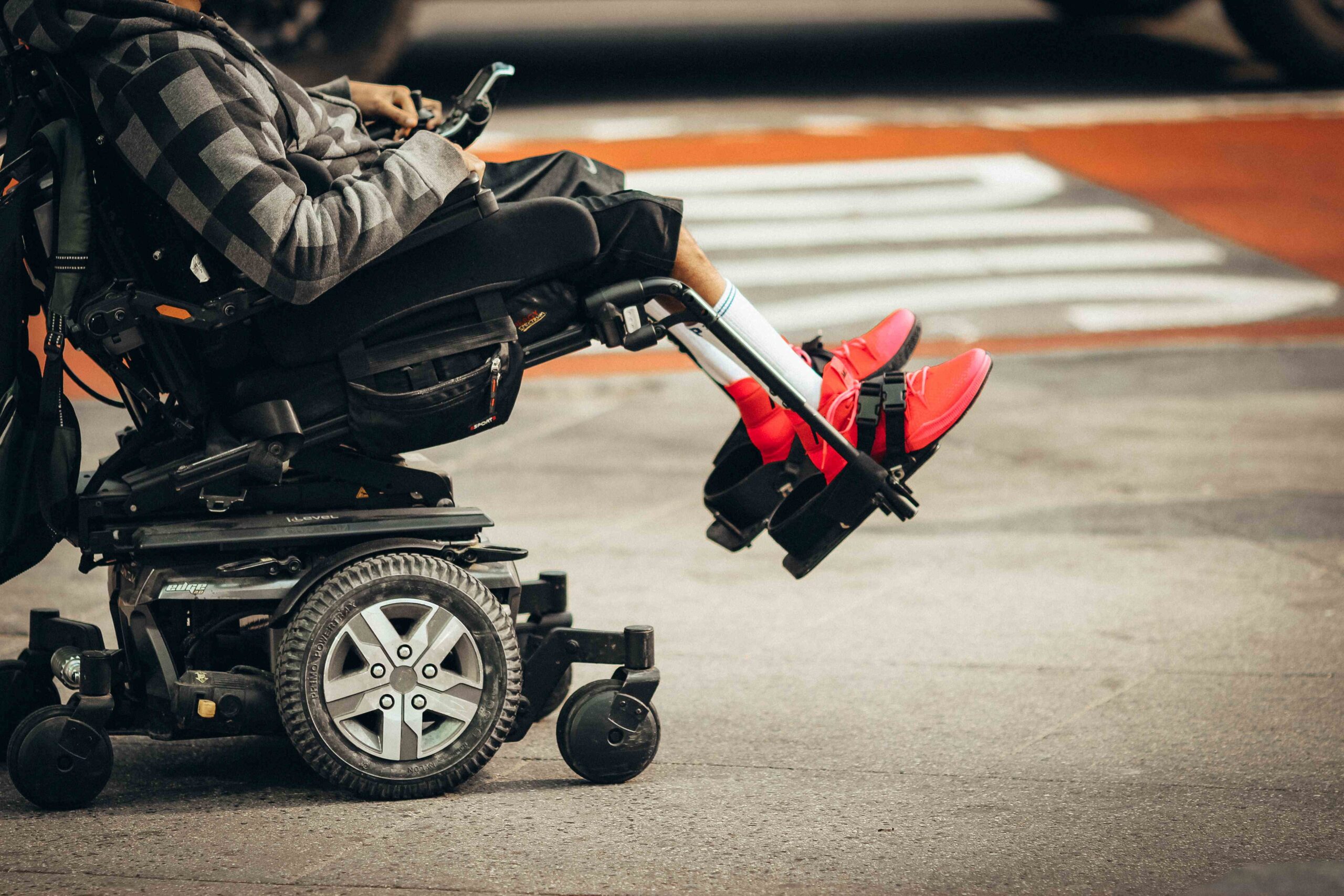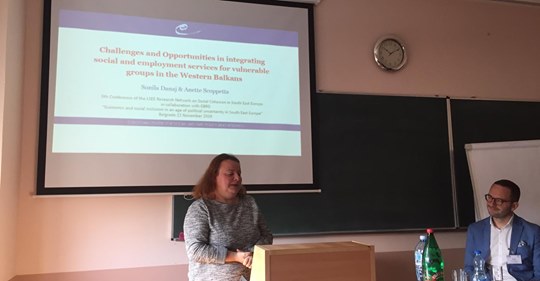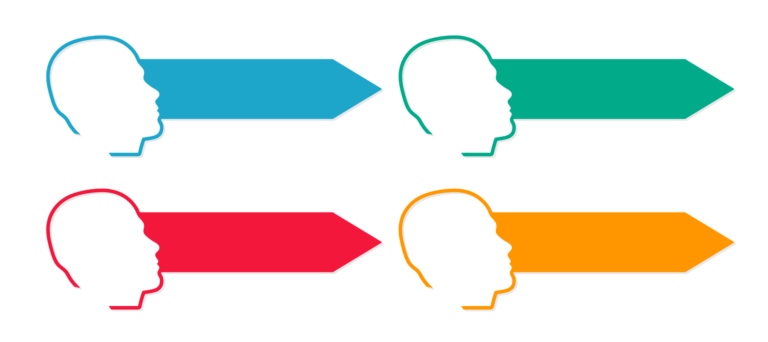Criminal Law Protection of People with Disabilities against Discrimination in the Republic of Serbia
Filip Mirić & Aleksandra Nikolajević, University of Niš, Republic of Serbia
For an open and democratic society, it is of crucial importance that all its citizens, regardless of their personal characteristics and features, have a right to education, cultural activities, recreation, access to the labor market, and equality in all segments of social life. Persons with disabilities in the Republic of Serbia are a very sensitive category that is discriminated against in multiple ways and excluded from the main social aspects. The mechanisms of protecting persons with disabilities, securing equal representation and their complete integration are achieved through adequate legislation and criminal laws, and also special protection in big crisis such as pandemic COVID-19.
In the legal system of Republic of Serbia discrimination is a crime. Firstly, we should mention the criminal offense of violation of equality under Article 128 of the Criminal Code of the Republic of Serbia (hereinafter referred to as CC). Another important offence envisaged in Article 387 of the Serbian Criminal Code is the criminal offense of racial and other discrimination. The basic form of this criminal offense is committed by anyone who, on the grounds of differences in race, color, religion, nationality, ethnic origin or some other personal characteristic, violates the fundamental human rights and freedoms guaranteed by universally accepted rules of international law and international treaties ratified by Serbia; the perpetrator of such a crime may be punished by a term of imprisonment ranging from six months to five years. Apart from this, there are other forms of the same criminal offense. The same punishment (imprisonment ranging from six months to five years) will be imposed on those who persecute organizations or individuals for their efforts to promote equality.
A number of offences are punished by imprisonment ranging from three months to three years, such as in the case of anyone who spreads ideas about the superiority of one race over another, or propagates racial hatred or incites racial discrimination; anyone who disseminates or otherwise makes public texts, pictures or any other representation of ideas or theories that advocate or encourage hatred, discrimination or violence against any person or group of persons based on race, skin color, religious affiliation, nationality, ethnicity origin or other personal property; and anyone who publicly threatens to commit a criminal offense punishable by imprisonment exceeding four years against a person or a group of persons belonging to a particular race, color, religion, nationality, ethnic origin or other personal property. The criminalization of equality violations from Article 128 CC can be considered as a positive development. Namely, the amendments to the Criminal Code (adopted in 2016) also mention disability as one of the grounds for the violation of equality, which is in compliance with Article 21 of the Constitution of the Republic of Serbia concerning the prohibition of discrimination.
Awareness of persons with disabilities is a very important factor in preventing discrimination in all areas. The results of a study conducted by Filip Mirić in 2019 on the awareness of persons with disabilities about the legal protection mechanisms available to them, show that as many as 70.59% of respondents do not have enough information on criminal protection against discrimination. In addition, the existence of a large percentage of under-informed respondents indicate the need to create active policies to raise awareness about the mechanisms of legal protection of persons with disabilities against discrimination. While the legal framework seems to be complete, it is clear that more needs to be done in terms of awareness raising on the existence and applicability of these laws to protect persons with disabilities and their right to full integration in the Serbian society. The responsibility rests, certainly, on the institutions themselves and the created social policy measures that aim at the social integration and equality of all citizens in Serbia and that can be monitored by the evaluation of established measures and factual indicators of their representation.







